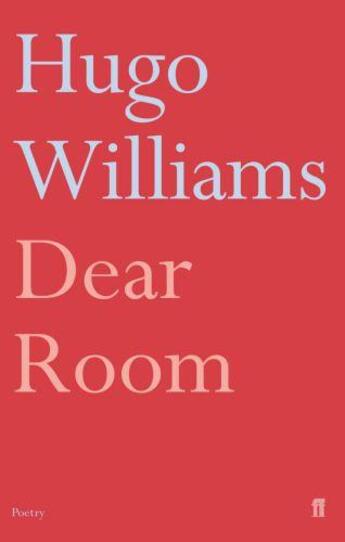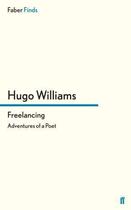Résumé:
"Dear Room" is a worthy successor to Billy's Rain (1999), whose preoccupations and occasions it continues and ramifies, charting the 'angles, signals, orders, murmurs, sighs' of love, separation and loss. With grave good humour, ruefully exact timing and a scruple reminiscent of Thomas Hardy,... Voir plus
"Dear Room" is a worthy successor to Billy's Rain (1999), whose preoccupations and occasions it continues and ramifies, charting the 'angles, signals, orders, murmurs, sighs' of love, separation and loss. With grave good humour, ruefully exact timing and a scruple reminiscent of Thomas Hardy, these poems register the goodbye look of things, and ponder the difference between a good memory and an inability to forget. By turns candid, caustic and drastically self-accusing, the many tenses and afterlives of desire are parsed - in sawn-off monologues, short stories in verse, thumbnail dramas, splintery photographs. In poem after poem Hugo Williams joins a sense of things missed and missing to a redemptive act of imaginative capture, and Dear Room uncovers an ethics of the present, reminding us in the words of Philip Larkin that 'days are where we live'. 'Possibly the most original poet of his generation in England'. - Edna Longley 'Williams is a poet of such intimate charm, such grace and cunning, and such ordinary comical sadness, that he wins your affection and admiration' - Hermoine Lee, Guardian 'His great subject is time, and time's power to consume both what is hated and what is loved'. - Helen Dunmore, Observer 'Not since Thom Gunn's Collected Poems has there been a Collected as startling and poignant as Hugo Williams's Collected Poems. Williams shows us, like no other contemporary poet, what is so strangely undramatic about our personal dramas'. - Adam Phillips, Observer Books of the Year









